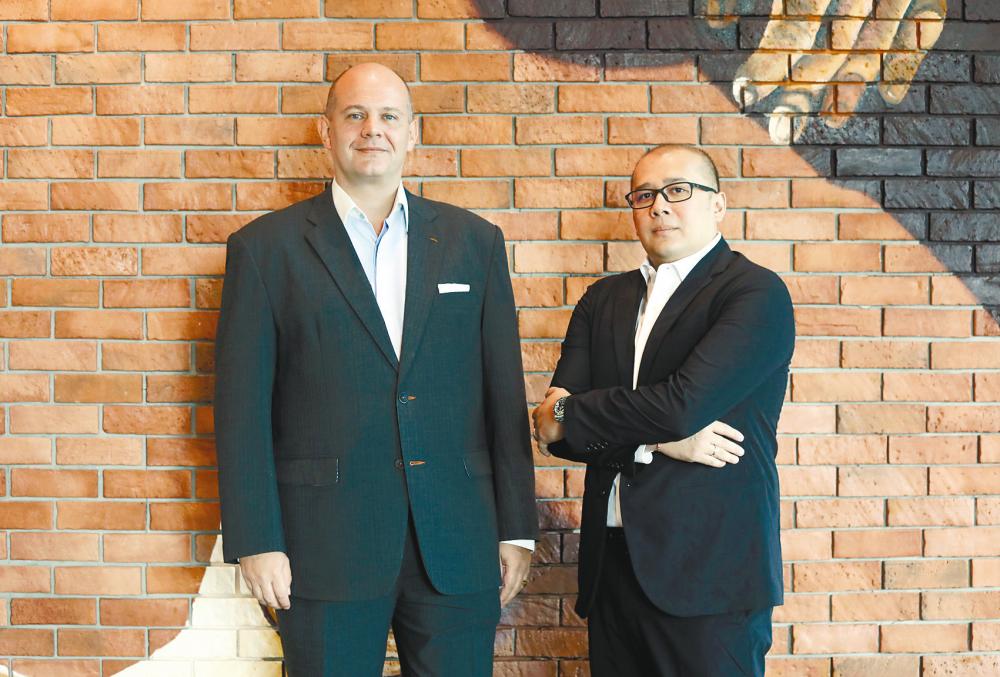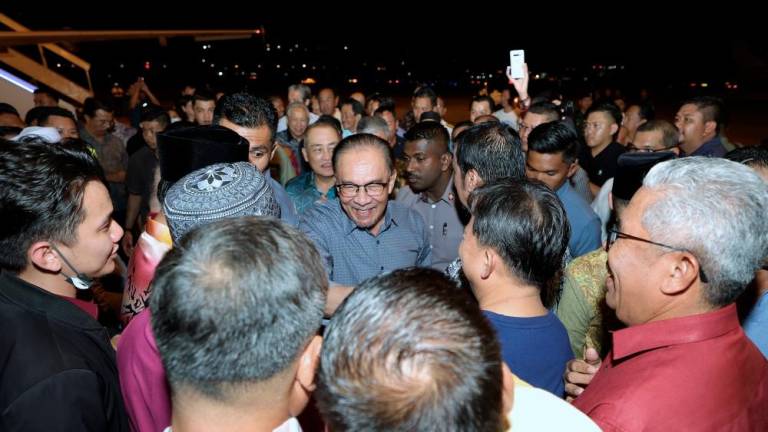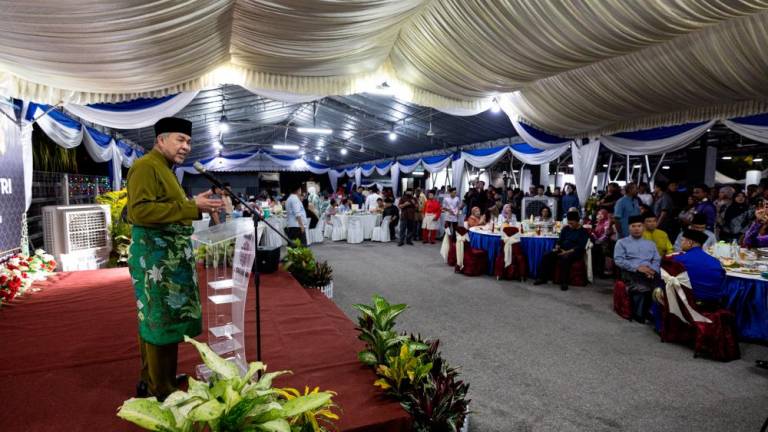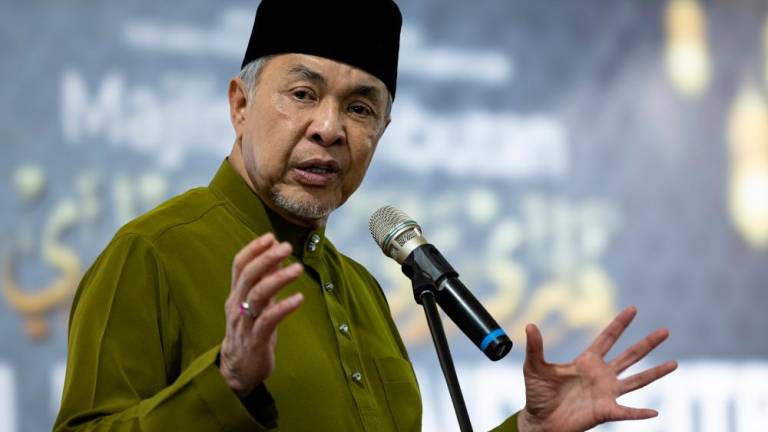PETALING JAYA: Hotel owners are likely to earn more monthly revenue or gross operating profit by using a third party white label operator, according to hospitality management firm Filoxenía.
Director and co-founder Leonard Theng said international hotel operators usually charge a management fee, base fee, licence fee, incentive fee, sales & marketing fee that make up around 10-15% of a hotel’s monthly profit. If a hotel is in pre-opening, there are additional technical service and pre-opening fee.
“We cut out a lot of parts compared with an international operator. Our formula looks at the performance of the hotel so we go more with just a base fee and incentive fee,” he told SunBiz.
Filoxenía (pronounced fi.lo.ve.nia) is a white label hospitality management and consultancy company providing measurable deliverables, change management and asset management. All its services are hospitality owner’s objectives-focused such as profitability, asset value, process management optimisation, driving conversions and growth.
White label is a valuable management option for hospitality owners, especially in countries and regions where supply is more than demand and the asset is in a competitive market. It is an option in comparison to the established international, regional and or local hospitality management companies.
Filoxenía (M) Sdn Bhd was established in November 2017 by Theng and chief hospitality officer Michael van Ommen who spent decades in the hospitality industry in Europe, Middle East and Asia within international luxury and upscale hotels ranging from city hotels to resorts – from pre-opening to post opening and managing properties.
Van Ommen said a white label operator provides flexibility, shorter term hotel management agreement (HMA) of three to five years, direct access to the core management team, short decision making process, all resulting in driving owner returns and the value of the asset. HMAs of a managed property, usually by an international brand, span 10-15 years.
The firm was founded to assist concerned hospitality owners with a new business model and alternative to the existing HMA and consultancy currently available. This option favours the owner, shareholder and stakeholder interest.
With the growing competition, Filoxenía believes hospitality owners will look for better value HMA options and hotel management business models that will benefit the financial performance and the value of the asset.
This can be through a business model or HMA change from management into franchise with a third party white label operator, or only a white label operator for the property or collection of properties. This option provides the owner financial benefits less monthly fees thus a higher owner return on investment.
“As the demand and supply are not favourable, coupled with the slowdown in the economy, an owner is not optimising his/her revenue. A white label operator may come in to reduce costs, providing the same services as what other international hotel management brands deliver,” said van Ommen.
In Malaysia, majority of the hotels are managed properties compared with franchise properties.
“Some of them are considering changing from managed properties to franchise properties because of unfavourable supply and demand, declining room rates, fewer tourist arrivals into the country, shorter stays and many other factors,” said van Ommen.
Filoxenía is currently providing consultancy for five to six clients and Theng said it is targeting to operate two to three hotels in 12 to 18 months, with white label discussions on the table.
White label management exists already in the West where owners changed from having a management company to a franchise agreement with a third party operator or purely a white label operator. This business model has proven that owners pay monthly between 30-50% less than the current monthly fees paid.
Theng added that hotels in Malaysia typically face a revenue problem where occupancy rates remain lower than its regional peers despite cheap prices. In the city centre, he said annual hotel occupancy rates stand at 60-70% across all hotels, lower than Singapore and Thailand’s 75-80%.
“It’s a few dynamics. You can’t pinpoint to a hotel and say they sell cheap. The market is selling cheap but are you yielding your business? Are you getting the higher end of the business or lower end? This boils down to having the right strategies in place and engaging with the right hiring process,” said Theng.
He added that in hospitality, it is no shocker that the recruitment of staff is not at its ideal position, which the firm comes in to provide solutions.













